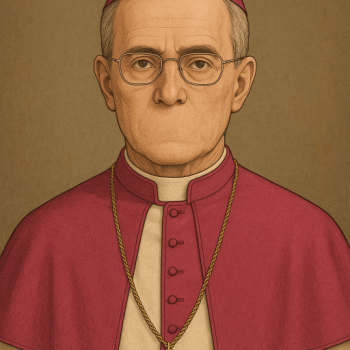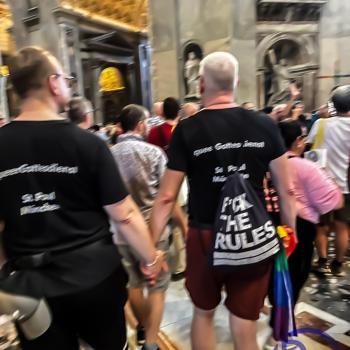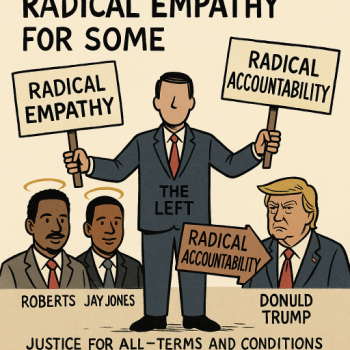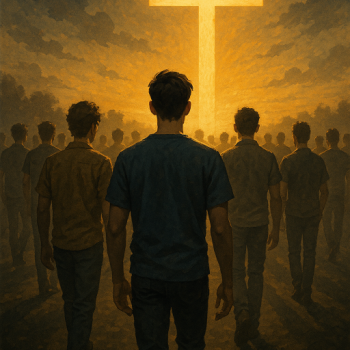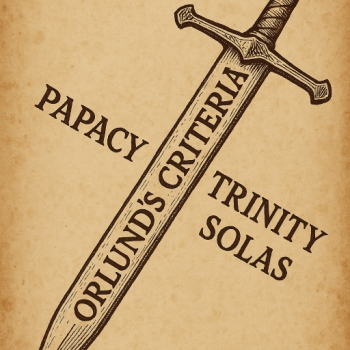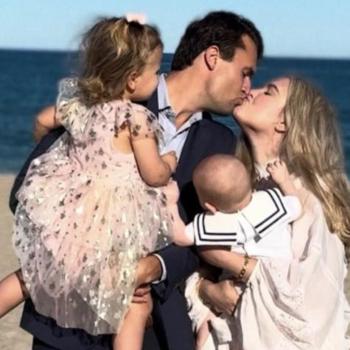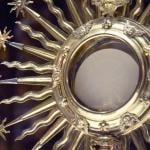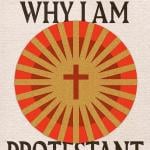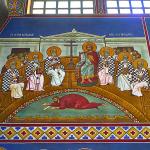In the last article posted on this blog, Peter (Pilgrim) offered a critical assessment of the Act of Reparation conducted by four traditionalist bishops in response to the sacrilege that occurred when a group of LGBTQ pilgrims and activists staged public demonstrations calling for greater inclusion in the Church. The group entered several significant religious sites, including the Church of the Gesù and St. Peter’s Basilica, carrying rainbow-colored crosses and wearing T-shirts with slogans considered profane and irreverent. According to... Read more


